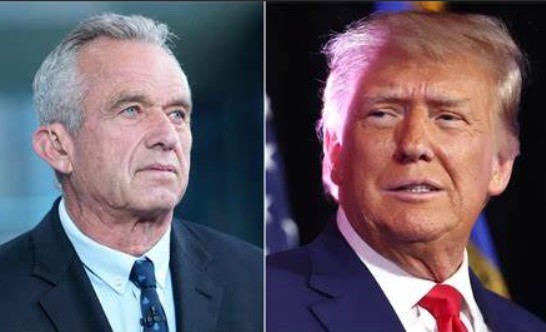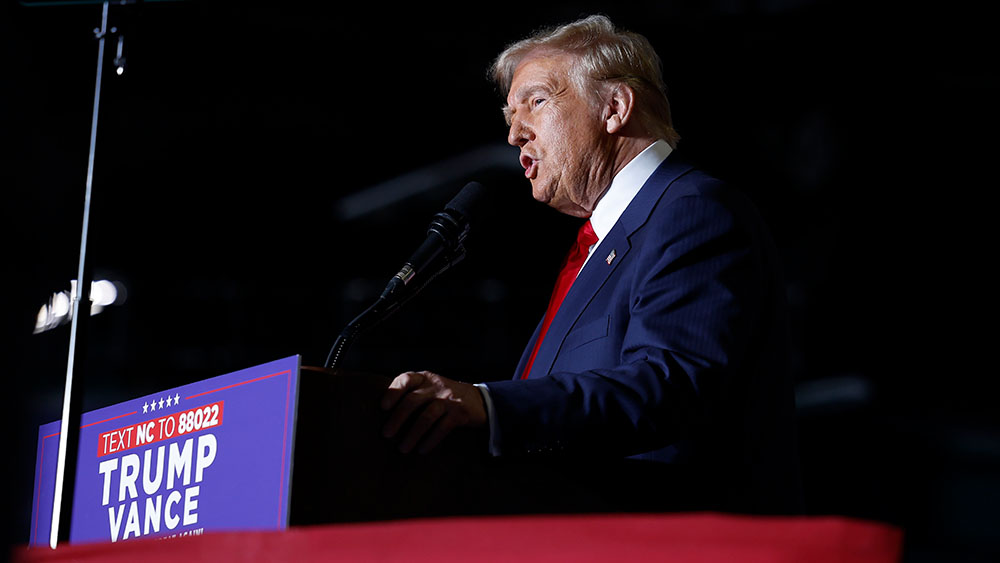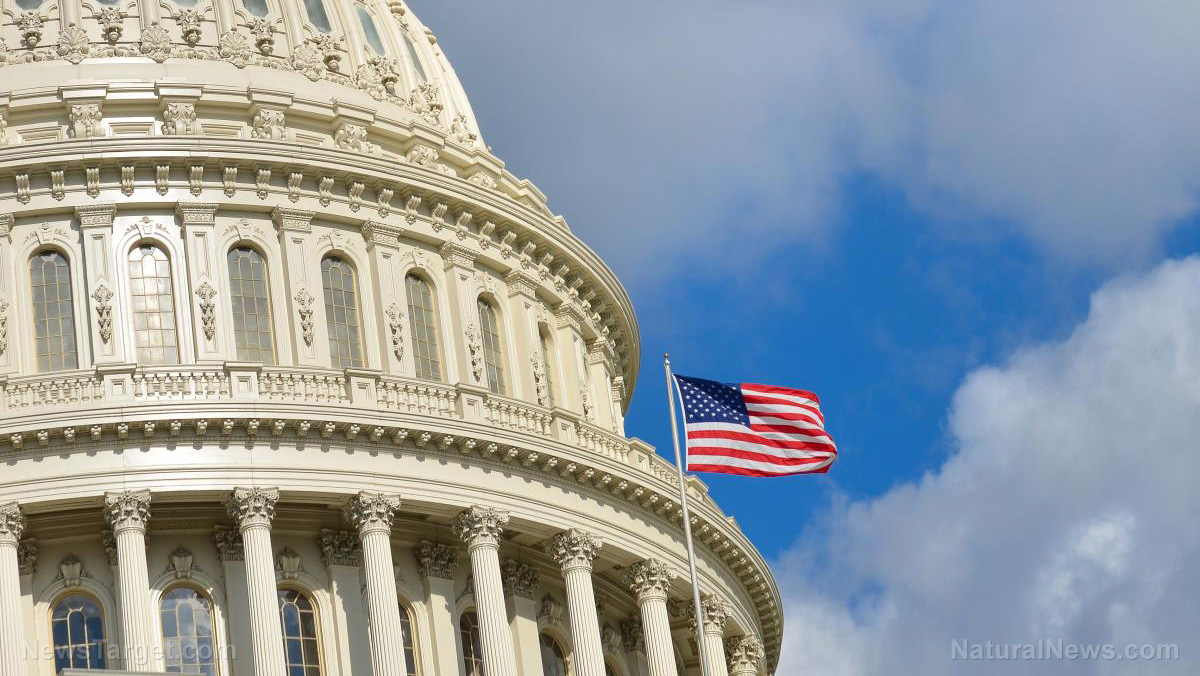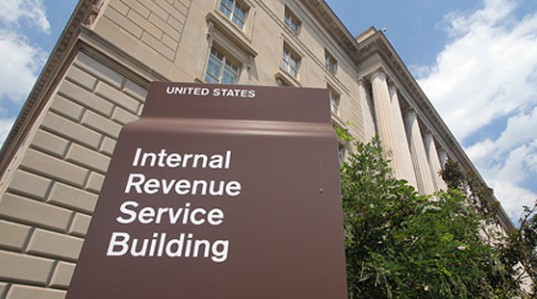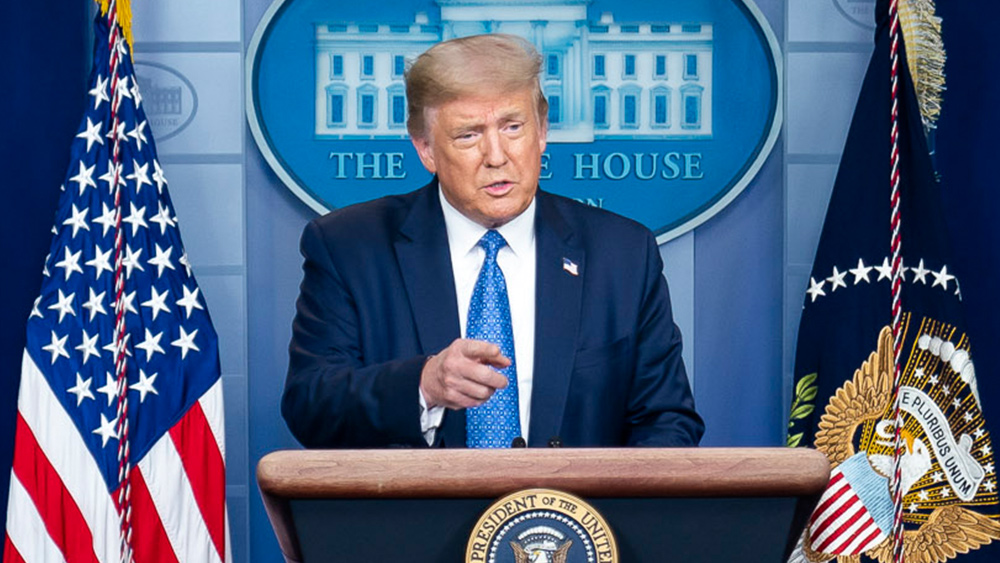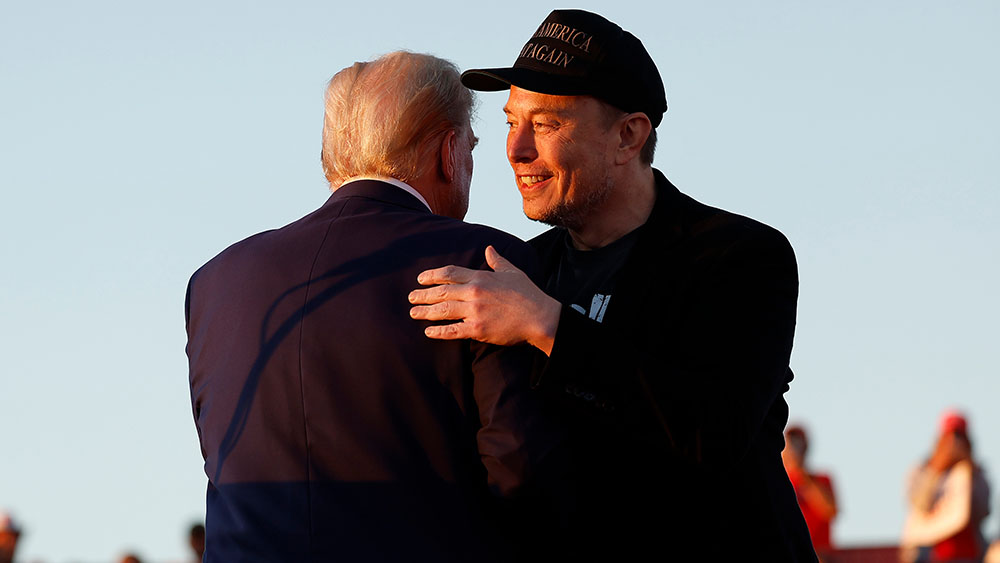Biden calls for CONSTITUTIONAL AMENDMENT to end presidential immunity
01/20/2025 / By Ava Grace

- Days before leaving the White House, former President Joe Biden has called for a constitutional amendment to get rid of presidential immunity.
- Biden’s proposal follows a controversial Supreme Court decision which granted presidents broad immunity for “official acts” conducted while in office.
- Biden claims the Supreme Court ruling has “fundamentally changed” the American principle that no person is above the law.
- Biden’s proposal is unlikely to pass due to the difficult nature of passing a constitutional amendment, which requires the approval of two-thirds of both houses of Congress and the ratification of three-quarters of state legislatures.
In his final address from the Oval Office, former President Joe Biden has called for a constitutional amendment that will ensure that no president is immune from prosecution for crimes committed while in office.
The remarks, delivered just days before President Donald Trump’s inauguration, are being interpreted as a parting shot at his successor, who has repeatedly invoked presidential immunity to fend off legal challenges.
Biden’s speech centered around his claim that it is right that no person, not even the president, should be above the law.
“We need to amend the Constitution to make clear that no president, no president, is immune from crimes that he or she commits while in office,” Biden declared. “The president’s power is not unlimited. It’s not absolute. And it shouldn’t be.” (Related: Trump supporters celebrate Supreme Court ruling on qualified presidential immunity.)
The outgoing president’s call for reform comes in the wake of a controversial Supreme Court ruling last July, which granted the president of the United States broad immunity for “official acts” performed in office. The decision was hailed as a significant victory for conservatives and for Trump himself, who has been arguing in his legal battles that he should not be prosecuted for actions he undertook as president.
The ruling left many legal experts and critics, including Biden, deeply concerned. The president warned that the decision “fundamentally changed” the long-standing principle that “no one is above the law” and opened the door to potential abuses of power.
While Chief Justice John Roberts emphasized that the president is not immune from being prosecuted for unofficial acts, the ruling left it to lower courts to determine what constitutes an “official act,” creating a gray area that critics argue could be exploited.
Biden proposal unlikely to pass in incoming Republican-dominated federal government
Biden’s proposal to amend the Constitution faces steep odds. The process of passing a constitutional amendment is notoriously difficult due to its need for the approval of the vast majority of elected federal and state representatives.
Firstly, two-thirds of both the House and Senate need to approve the amendment. After that, at least three-quarters of state legislatures – or 38 states – need to ratify the amendment.
The last time the Constitution was amended was in 1992 following the passage of the Twenty-Seventh Amendment, which states that laws that increase or decrease the pay of Congress members may take effect only after the next House of Representatives election.
Last year, a Manhattan judge sentenced Trump to no penalty in his “hush money” case, allowing him to avoid jail time or fines as he prepares to reclaim the presidency. Trump has vowed to appeal the ruling, but the broader implications of his legal battles have reignited debates about accountability and the limits of executive power.
Watch this video featuring Biden’s and Trump’s reactions to the Supreme Court’s presidential immunity ruling.
This video is from the TrendingNews channel on Brighteon.com.
More related stories:
Trump files 3 motions to dismiss Georgia election case, citing PRESIDENTIAL IMMUNITY.
Trump petitions Supreme Court to pause in considering presidential immunity claim.
Trump files 3 motions to dismiss Georgia election case, citing PRESIDENTIAL IMMUNITY.
Sources include:
Submit a correction >>
Tagged Under:
big government, cancel Democrats, Constitution, Constitutional Amendment, Donald Trump, freedom, immunity, Joe Biden, Liberty, politics, presidential immunity, Supreme Court
This article may contain statements that reflect the opinion of the author
RECENT NEWS & ARTICLES
Trump.News is a fact-based public education website published by Trump News Features, LLC.
All content copyright © 2018 by Trump News Features, LLC.
Contact Us with Tips or Corrections
All trademarks, registered trademarks and servicemarks mentioned on this site are the property of their respective owners.

